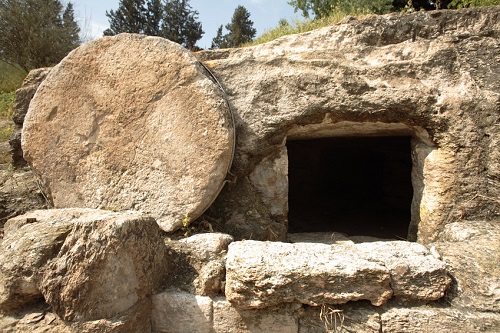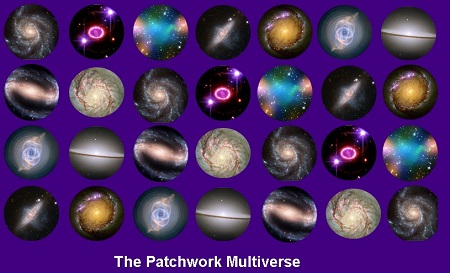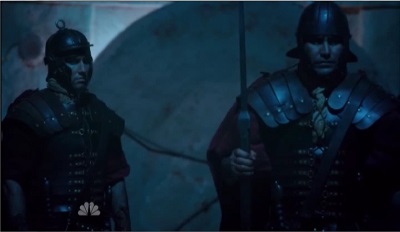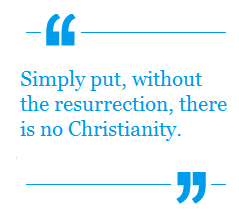The question “Who created God?”, is at the heart of the matter for Question 17: “You say everything needs a creator, so who created God?” and it shows a severe misunderstanding of both the nature of God and the cosmological argument for the existence of God—specifically the Kalam cosmological argument [1]. Let’s start with the Kalam cosmological argument, which makes it easy to see where the error crept in.
Apologist William Lane Craig has used this argument as one of the premiere arguments for the proof of the existence of God, so it’s in many of his books. As he points out in “On Guard”, it’s simple, easy to memorize, easy to share and logically “airtight.” It goes like this: Continue Reading

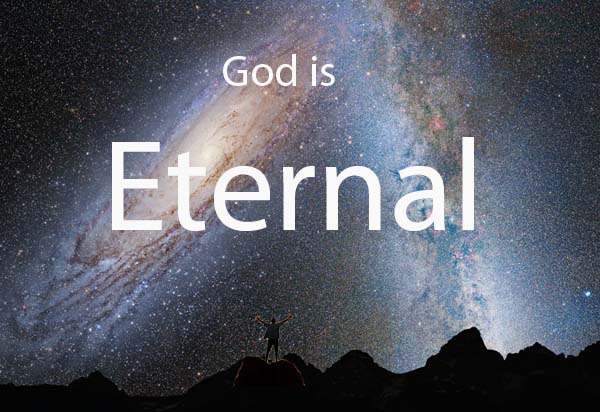

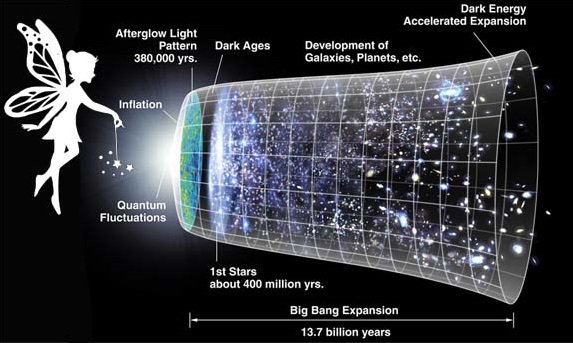


_550.jpg)

